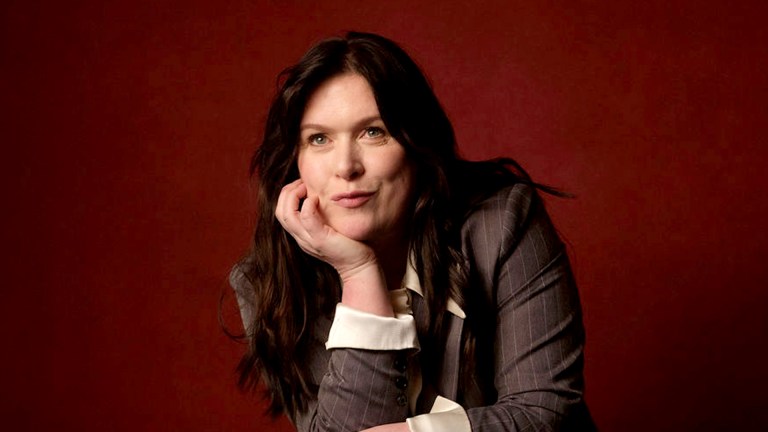I was brought up in Edinburgh and I was a pretty mediocre student. When the media speak to people who knew the younger me they often say I was very bright and informed but they wouldn’t say that if they’d met me at 16. There was nothing about me that stood out. I was a skinny youth who wasn’t much good at sports, except table tennis. I enjoyed listening to The Beatles from time to time but I never became passionate about music. Until I was 16 I didn’t read much beyond Biggles. I was involved in school drama – I played Cardinal Wolsey in A Man for All Seasons. I saw a picture of me in all my Wolsey robes and biretta recently and reflected that was the nearest I ever got to being Prime Minister.
The thing that really changed my life as a teenager was joining the debating society. It’s a very good way of discovering your own personality and developing your talents. I’ve long thought if schools had to choose between teaching about computers or public speaking, the latter would be infinitely more valuable. It had a profound impact on my life. I went into law at university not because I wanted to be a solicitor; I wanted the wig and gown and the theatrics of being an advocate and speaking out. And as I became interested in politics the two seemed a perfect match.
It wasn’t until I was about 16 that I started to become interested in what was happening in the outside world. It was the early ’60s so the news was about apartheid in South Africa, ban the bomb, capital punishment. Big issues. And in the debating society we had to think about where we stood. If you’re a decent kind of guy you realise that most arguments aren’t black or white, they’re shades of grey, with points on both sides. This makes you a more tolerant person.
Most arguments aren’t black or white, they’re shades of grey, with points on both sides
My family background wasn’t political. My father was a self-employed small businessman. We lived in a very modest flat in Marchmont in Edinburgh, a middle class area with no pretensions. We never went abroad, we didn’t have a car, we used public transport. I went to a fee-paying day school. My father just automatically voted Conservative. My mother might have voted Liberal a few times. At uni I actually joined the Liberal club at first. I thought the Tory government was a bit stuffy and David Steel in the Liberal party was interesting. But I left the Liberal club after a year. Lovely people but very dull. Their parties weren’t nearly as fun as the university Tory club parties.
Politics for me was a process of self-discovery. I became a junior minister in 1979, the day Margaret Thatcher became Prime Minister. I suddenly had executive responsibilities, including housing policy in Scotland. I’d been a lecturer in Rhodesia, and worked as an advocate for four years, then as an MP. But I’d never take big decisions that affected people, or run a department. It was very exciting but I was nervous as well. To my relief, I found that taking decisions didn’t frighten me. As long as I had the information I could reach clear decisions and stick with them. Even if they weren’t always in line with party thinking.
I was a pragmatist, rather than a conviction politician. But I think the position I took with the strongest conviction was in 1984, when I was junior foreign minster and sided with Solidarity, the trade union movement who were being oppressed by the communist Polish government. I was in Warsaw when they were banned and had a meeting with three of their leaders at the British embassy. One of them, Tadeusz Mazowiecki, became the Polish prime minister after communism was overthrown. It really angered the Polish government that I’d met with them but after that the German foreign minister met them too and the government finally had to drop their policy of banning them. Which gradually led to the fall of communism.









